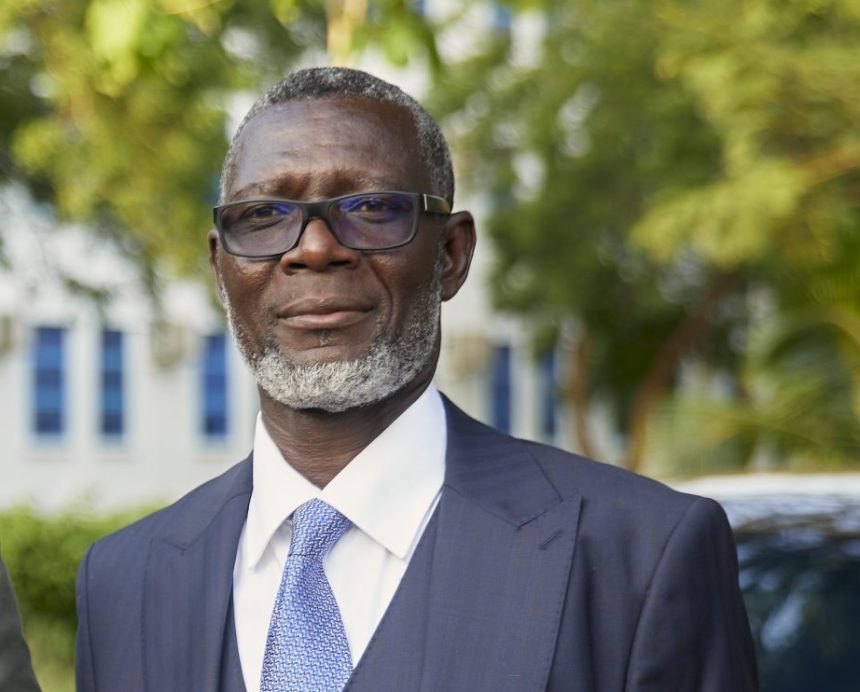The Former President of the ECOWAS Court of Justice, Justice Edward Amoako Asante, has emphasized the urgent need for robust legal and policy frameworks to promote climate justice in Ghana and across the ECOWAS region. Delivering a keynote address at the Eco-Africa Climate Justice Conference, Justice Asante highlighted that climate change is no longer a distant threat, but a pressing reality affecting millions of lives in West Africa.
Speaking on the theme “The Role of Law and Policy in Advancing Climate Justice”, Justice Asante explained that climate justice centers on equity and fairness, particularly for vulnerable communities disproportionately impacted by environmental degradation.
“Climate Justice recognizes that those who are least responsible for climate change suffer the gravest consequences, as a result, fair and just solutions must recognize issues of equality, human rights, collective rights and historical responsibility for climate change.”
Justice Asante commended Ghana’s legal steps toward climate action, referencing the 1992 Constitution’s environmental provisions, the Environmental Protection Act, and the Renewable Energy Act. He also cited Ghana’s ratification of the Paris Agreement and the development of the National Climate Change Policy as evidence of the country’s commitment to sustainability.
However, he acknowledged persisting challenges, such as weak enforcement mechanisms, limited access to justice for affected communities, and difficulty balancing environmental sustainability with economic growth. He called for the strengthening of legal institutions, an independent judiciary, and public participation to enforce environmental laws and uphold justice.
“To effectively address these challenges, the role of law must be strengthened. A robust and independent judiciary, a fair and transparent judicial system, and an autonomous legal profession are fundamental to safeguarding environmental rights without discrimination. Ghana can enhance climate litigation by ensuring communities have unfettered access to justice when environmental laws are breached.”
Justice Asante also drew lessons from landmark rulings by regional courts like the African Commission on Human and Peoples’ Rights and the ECOWAS Court. He stressed the importance of legal mechanisms like the “precautionary principle” and access to environmental information in supporting communities affected by climate injustice.
He concluded with a call to action for governments, legal professionals, civil society, and stakeholders to collaborate in building an inclusive, accountable, and rights-based climate governance system.
“As judges, lawyers, policymakers, and stakeholders, we must remain committed to using the law as a tool for climate justice, ensuring that future generations inherit a sustainable and habitable environment.”
The two-day conference, organized by Eco-Africa Network in collaboration with Frontline for Climate Action, GIMPA Law School, the Law Students Association (GIMPA LSA), GIMPA SRC, CESSMA, iSupreme, and Tictok, was held on April 3rd and 4th at GIMPA. It brought together legal scholars, activists, policymakers, and students to explore the intersection of law, policy, and environmental justice.
–
Story by: Wahab Abdul Razak | univers.ug.edu.gh

